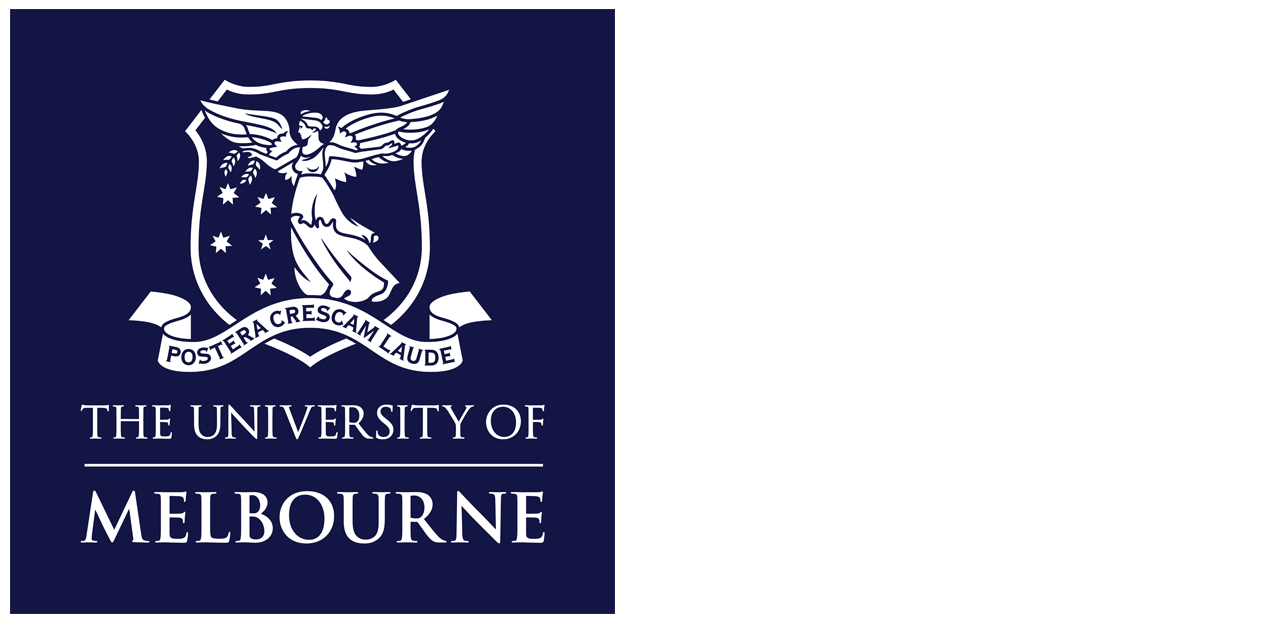


Can social ventures be the key to solving complex global health challenges?
This thought-provoking panel brings together experts in global health and social entrepreneurship to explore where social ventures can make a meaningful impact, and where their limitations lie. The discussion will examine what drives their success, how they operate across diverse global contexts, and how researchers can leverage social entrepreneurship as a pathway to real-world outcomes.
The session includes a compelling case study: a collaborative venture between The University of Melbourne and Malawi’s Kamuzu University of Health Sciences, delivering portable syphilis diagnostics developed through The University of Melbourne’s Faculty of Medicine, Dentistry and Health Sciences as part of its inaugural Impact Health Catalyst Program.
Moderator — A/Professor Mark Merolli
A/Professor Mark Merolli is a Physiotherapist, and digital health & informatics expert. He is also a researcher in the Centre for Health, Exercise, and Sports Medicine (CHESM). Mark is a Fellow of the Australasian Institute of Digital Health (AIDH) and Certified Health Informatician Australasia (CHIA). He is a Titled APA Research Physiotherapist and Member of the Australian College of Physiotherapists (MACP). He has a PhD from the University of Melbourne. His professional interests include: clinical technologies, innovation, digital health models of care in musculoskeletal physiotherapy, musculoskeletal conditions, persistent pain, digital health and informatics research methodologies, health professional workforce advancement, and digital practice education.
Dr George Taiaroa
George Taiaroa (PhD, MRSNZ) is an Honorary Fellow at the Doherty Institute for Infection and Immunity, who recently participated and won the 2024 Impact Health Catalyst program and traveled to Malawi to implement their winning idea.
He leads research centred on infectious disease genomics and diagnostics, working closely with public health, industry and community partners. He holds an Honorary role at the Victorian Infectious Disease Reference Laboratory (VIDRL) and supervises doctoral students at the Faculty of Medicine Dentistry and Health Sciences (MDHS).
Dr Tamara Kwarteng
Dr Tamara Kwarteng was born and grew up in Ghana and migrated to Melbourne, Australia in 1992. She trained as a research scientist, obtaining a BSc and MSc (Biochemistry and Chemistry) from the University of Ghana, Legon and a PhD in Molecular Biochemistry from the London School of Hygiene and Tropical Medicine. Her strong commitment to health equity led to her career in international public health. Over the last 30 years, Tamara has developed extensive experience and expertise in designing, implementing and evaluating public health programs that address health inequity. While employed by Melbourne’s Burnet Institute for 19 years, she worked with government and non-government organisations in 16 countries in Sub- Saharan Africa, South and South-East Asia and the Pacific Islands to respond to the HIV and AIDS epidemic. The disproportionate impact of HIV on women’s lives in the countries she worked in sharpened Tamara’s focus on understanding and addressing the intersecting social and institutional factors that influence women’s risk and vulnerability to the virus. Tamara worked in Fiji for over ten years, initially as head of a multi-disciplinary team supporting HIV and AIDS responses in 14 Pacific Island countries funded by the Australian and New Zealand governments, and later as an independent consultant providing technical advice in public health programs. Since returning to live in Melbourne, Tamara has maintained her commitment to health equity as the Chair (2018 to 2023) of the Board of the Multi-Cultural Centre for Women’s Health, a community-based, not-for-profit organisation that advocates for the health and wellbeing of migrant and refugee women. Tamara is the Chair of the Board of FREO2 Foundation, a global not-for-profit organisation that aims to reduce the deaths of babies and children suffering from pneumonia in low and middle income countries by improving access to medical oxygen in the most remote parts of the world. In recognition of her commitment to health equity, in particular her advocacy for women, Tamara was inducted into the Victorian Honour Roll for Women in the category of “Change Agent” in March 2020. In 2024, she was awarded a Medal of the Order of Australia in the Australia Day Honours and Awards for her service to the Pacific Islands through public health programs
Duncan Fogg, Seedkit/BFB Labs
Duncan is the Director of Seedkit, a technology-focused venture supporting social enterprises with their impact reporting, hosted by the Melbourne Social Equity Institute at the University of Melbourne. Duncan also works as the Australia Lead for BFB Labs, an award-winning social enterprise which provides children and young people with instant access to support to build skills for lifelong self-management of anxiety. Prior to this, Duncan worked for Shift Design, a UK-based social innovation agency and social venture incubator which co-developed community-led responses to pressing social issues, with a focus on preventative health.
Libby Ward-Christie, Centre for Social Purpose Organisations, Director
Libby Ward-Christie is a recognised leader in Australia's social purpose ecosystem. Prior to joining Melbourne Business School, Libby was Director of the Centre for Social Impact at Swinburne University of Technology and a member of the Centre for Social Impact National Executive.
Libby brings a wealth of experience in applied social purpose research, education and engagement. Her specialist knowledge spans social entrepreneurship, social finance and philanthropy, impact measurement and evaluation and for-purpose strategy and governance.
Libby has an MBA from Melbourne Business School with Dean’s Honours, a BA (Dean’s Honours) majoring in geography, a first-class BSc (Hons) degree majoring in ecology and a MLArch with Dean’s Honours, all from the University of Melbourne.
She is a graduate of the Australian Institute of Company Directors and a recipient of an Melbourne Business School Alumni Award for her work with social-purpose organisations. Libby is currently undertaking a PhD focusing on social entrepreneurship.
Libby's achievements demonstrate an ability to bring the worlds of community, business, philanthropy and government together to innovatively and sustainably address disadvantage, informed by rigorous research and evidence. She has extensive networks across Australia’s for-purpose ecosystem and the ability to engage people from all sectors toward collective social-purpose goals.
